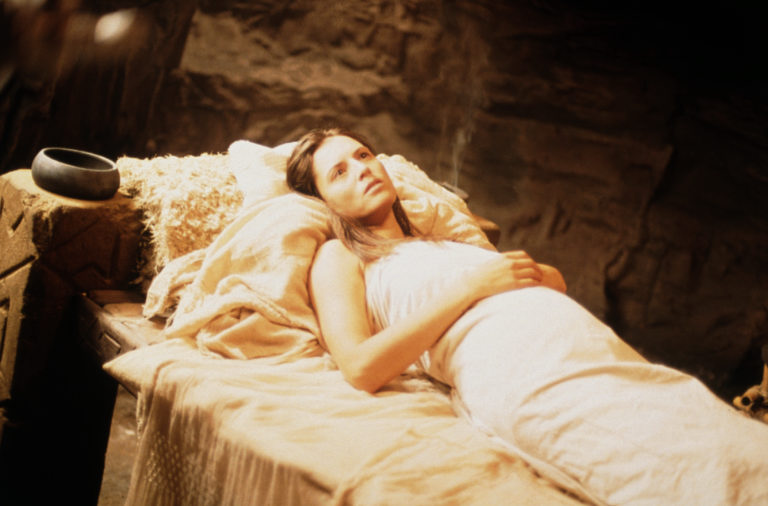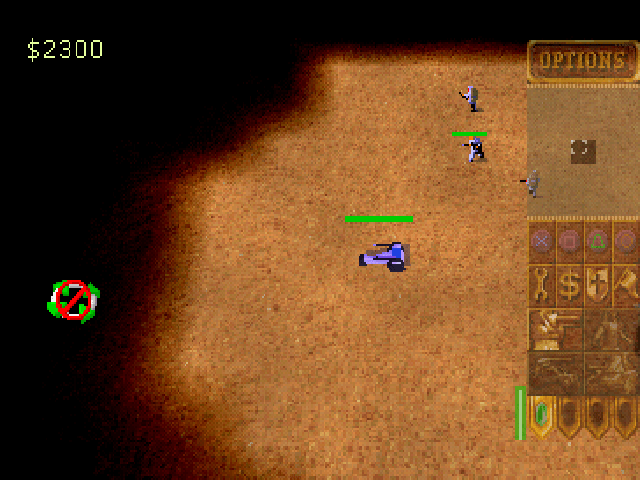

Although these fictional creatures were not yet common at the time of Dune’s writing, Jessica and other characters in the novel can be read nonetheless as early examples of cyborgs because they physically embody their culture’s science and technology, and are consistent with other important hallmarks of the figure. Therefore, this thesis argues that a cyborgian reading of Dune complements and augments a gender analysis of the novel because this approach incorporates an essential theorization of the reactions to technology that, according to Evans, are interwoven into the novel’s patriarchal response to women. This particular characterization of women shares many qualities with the trope of the female cyborg that becomes common in mass media science fiction of later decades. However, the novel is ambivalent about its super-women: despite their admirable qualities, they are otherwise depicted in retrogressive stereotypes, representing the instinctual sex, naturally best limited to roles of mothers, lovers, and wives by the novel’s conclusion they are cast as villains. First published in 1965, Dune includes female characters uncharacteristic for the genre during this period due to the degree of their intelligence, formidable fighting powers, and seeming freedom from emotional weakness. These novels reveal the overlooked plant power, whether of mutant vegetal diseases, the inevitable death of all human and non-human animals without plants, or the sheer power of plant-based petroleum calories fueling our world in its drive into darkness.Įvans argues for the merits of a cyborgian reading of Frank Herbert’s seminal science fiction novel, Dune, on the basis that the novel’s particular conception of science and technology allows many of the characters to be understood as New Wave iterations of the cyborg. I consider briefly three petro-culture novels based on various ‘road trips’ that explicitly address both the long-term and massive, albeit oft-ignored, ecological power of plants whether in living vegetal form or in their rotted, processed form of petroleum products: Frank Herbert’s Dune, portraying worm ‘spice’ as a stand-in for oil Cormac McCarthy’s The Road, eliminating all energy and plant life leaving only hungry humans and Paolo Bacigalupi’s cli fi novel focusing on calories and virulent plant diseases, The Windup Girl.

Man.this game deserves to be in the amiga's all time top 10 PERIOD.ABSTRACT The ‘dark green’ refers to the green plant-human relationships that undergird human cultures as well as the darkly petroleum-fueled industrialization, mass species extinctions, and strange new ecosystems in the Anthropocene.

I never forget the announcement (in AF?) that the devs were working on something special.something new.based on the gameplay of dune II.called Command & Conquer. Hunting for those spice spots was pure joy and misery at the same time, cursing everything if a harvester was beeing attacked.and alle the time the famous "construction complete" sentence would pronounced construction was completed.Įach house had it's strengths and weaknesess, each house had it's own ethos.everthing came together worked very well in this masterpiece.
DUNE CHILDREN OF DUNE 2000 DOWNLOAD HOW TO
Once I got home after school I immediatly felt my hands and mind itching for some dune gameplay, in my head I was making up strategies how to beat the more difficult levels.and there lies it's strength, once things got more difficult things actually became more addictive.what if I try this.aaargh that didn't 's try this.aaargh scratch etc. I never played a RTS before Dune II so it took me some time to get the hang of it.and once I did, it refused to let me go. If a drug could be compared to game then DUNE II would certainly fit the bill. Powell, Ren Olsen, Judith Peterson, Eric Shultsįrank Klepacki, Dwight Kenichi Okahara, Glenn SperryĪlien, futuristic, mouseonly, movie, multidirection, realistic, scifi, scrolling, space, strategy, tactical, topdown, war Bowen, Rob Povey, Mark McCubbin, Bob KoonĮlie Arabian, Aaron E.


 0 kommentar(er)
0 kommentar(er)
